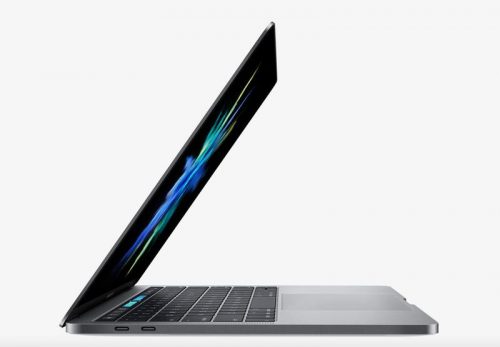When was the last time you cleaned your Mac and deleted unnecessary files? If it’s been a while – months or even years – it’s time to create a cleanup routine you can stick to. Thankfully, CleanMyMac X has arrived, and now features malware screening, and scripts to repair disk permissions and rebuild your Spotlight index.
CleanMyMac X is the preferred cleanup tool by Mac users, and it’s a tool best supported by a regular cleanup routine. Here’s why:
A regular cleanup routine saves disk space, time, and money
MacOS Sierra kickstarted a new era of automated cloud-based file storage that many Mac users aren’t even aware of. New OS upgrades come with built-in storage optimization technology that automatically moves junk and useless files, along with your files, to the cloud. This feature is supposed to prevent you from running out of disk space. It’s a nice idea, but ultimately, many users end up paying for iCloud storage to store junk files.
Rather than moving junk to the cloud, there’s a better way to avoid the pesky error message that says, “your startup disk is almost full.” Or, the dreaded, “your startup disk IS full.”
First, understand that a startup disk is literally just your hard drive. Hard drives can be partitioned, but for the average Mac user, they’re not. “[Say] your Mac’s hard drive is 500GB,” Macpaw explains. It has one disk on it, so all 500GB of storage is on that disk. The disk has an operating system (OS X El Capitan), and user data (apps, etc.). And since you only have one disk, this is your startup disk: all 500GB.”
According to Macpaw, your Mac will slow down when your hard drive exceeds 85% capacity. Storing large files on your desktop will also slow down your Mac.
If you’re receiving the error message of an almost-full startup disk, it’s time to free up some space. Considering the high capacity of today’s hard drives, if you’ve reached 85% capacity, you’ve got some significant cleaning to do. It’s going to be a tedious job. A regular cleanup routine makes the task less daunting.
Routines remove worry and stress
By turning tasks into a regular routine, you eliminate the stress of having to find time to accomplish those tasks. Set aside time weekly or monthly to perform a cleanup on your Mac. Set aside an hour for cleaning on the first of the month, for example. Stick to that commitment and you’ll never have to worry about when you’ll get a chance to do it.
Without a cleanup routine, you’ll have plenty of reasons to put off cleaning your desktop. You have to go to work, make dinner, take out the trash – you’ll want to do anything but organize your computer. Create a cleanup routine and schedule it into your busy life to avoid procrastination.
Hard drive recovery is expensive and risky
It’s not cheap to hire someone to recover files from a dead Mac if the hard drive is broken. In most cases, you’ll have to pay for the services even if nothing gets recovered. Hard drive failure is common and happens due to both manufacturer defects and vibration.
Having a regular hard drive cleanup routine won’t prevent hardware malfunctions. However, backing up your files, cloning your startup disk, and creating an emergency flash drive will save you in the event of a crash.
You’ll be able to find your files when you need them
Spotlight search is useful, but what happens when you can’t remember a file name? Or when you saved it? Did you save it to your desktop and move it into a miscellaneous folder later? What happens when you need that image for work or school?
Organizing your files as you save them is the most critical step in making your files findable.
Using tags and color codes makes files easier to find, but you still have to assign each file a tag or color. If you don’t already drop your files into organized folders, you’re probably not going to take the time to use tags and colors.
Make it part of your daily routine to organize all downloads for that day before you turn off your Mac.
Your cleanup routine ensures you’ll use your tools
Even when apps run automatically, you still need to push a few buttons. Commit to a routine to ensure you make use of your tools. Cleaning and organizing files is more tedious than cleaning your house. If your computer stays messy for too long, you won’t want to do it at all.
 KitGuru KitGuru.net – Tech News | Hardware News | Hardware Reviews | IOS | Mobile | Gaming | Graphics Cards
KitGuru KitGuru.net – Tech News | Hardware News | Hardware Reviews | IOS | Mobile | Gaming | Graphics Cards



